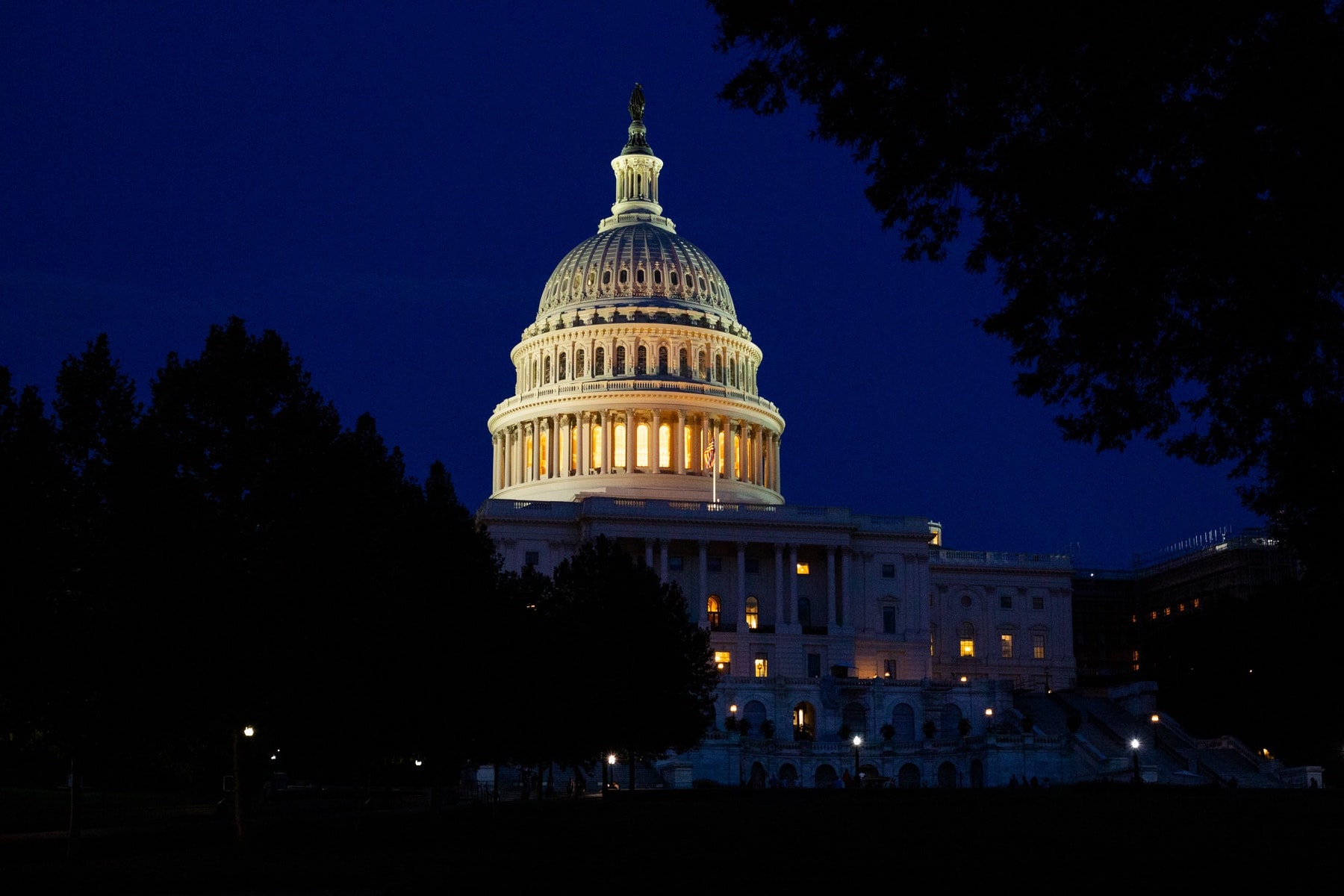The 2020 election marked historic firsts when it comes to representation in the United States government. Sarah McBride won a senate seat in Delaware, making her the first openly transgender senator in U.S. history. Taylor Small was elected as Vermont’s first openly transgender state legislator.
Both Ritchie Torres and Mondaire Jones were elected to Congress. This makes them the first openly gay Black men to secure seats in the U.S. House of Representatives. Kamala Harris — a Black Indian-American woman — was elected vice president. Nearly every single vice president before her has been a white man, which makes Harris’ election a turning point in American history.
The list doesn’t end with just those five political candidates. Many candidates were the first person of color, woman or member of the LGBTQ+ community to be elected to their position. Countless articles and social media posts have been created to celebrate the growing amount of representation present in the United States government.
Though most of the comments on articles and social media posts about representation have been positive, not all of them are. On Nov. 3, Glamour posted an image on Instagram highlighting the fact that Sarah McBride became the first transgender senator in U.S. history.
https://www.instagram.com/p/CHJxQGijbwV/
A quick scroll through the comments shows a bunch of emojis, exclamation points and capital letters. It seems like a lot of people are happy about Sarah McBride’s success. However, others expressed concern by asking questions like, “Why should I care about the race, gender or sexuality of an elected official?” and, “Shouldn’t I just care about their platform and how well they’re able to do their job?”
These concerns and questions are understandable. A politician should always be held accountable for their platforms and policies, especially if they aren’t listening to their constituents. Also, just because a political figure marks a historic first in terms of representation doesn’t mean they’ll fight for all people equally. For example, a woman being elected to a specific government position for the first time doesn’t mean much if she actively works to pass legislation that harms minority groups.
However, holding politicians accountable and celebrating the growing amount of representation in the United States government are two actions that can coexist. People are allowed to do both of those things, especially because there are a lot of positives that come along with expanding the amount of representation in the government.
The first elected officials who were open members of the LGBTQ+ community were elected to lower-level government positions. Kathy Kozachenko, a lesbian who was publicly out at the time of her campaign, was elected to the Ann Arbor City Council in 1974, and Harvey Milk, an openly gay man, was elected to the San Francisco Board of Supervisors in 1977.
Since Kozachenko and Milk were elected to these government positions, the United States has seen many more members of the LGBTQ+ community run for office. The list of elected officials in Congress has expanded to include lesbian, gay, bisexual and transgender people. Not only is representation expanding to include more members of the LGBTQ+ community in the U.S. government, but citizens are even able to see representation of different LGBTQ+ identities in Congress.
Some people question whether or not a politician’s sexuality matters. Though people hold many different opinions on the subject, there are others who might refuse to vote for a politician just because of their sexual orientation. Political candidates who are openly part of the LGBTQ+ community have always faced a slew of hatred, homophobia and bigotry. This is evident in the comment sections of posts celebrating the election of LGBTQ+ candidates in the 2020 election.
However, the fact that so many LGBTQ+ candidates were elected to Congress this election year means that voters are willing to overlook any prejudices they might have and vote for the best candidate on the ballot.
In the 1970s, LGBTQ+ politicians had to run for lower-level positions because most people were biased and unwilling to vote them into higher offices. Five decades later, voters are seeing plenty of openly LGBTQ+ politicians working in Congress. That’s something worth celebrating.
The increasing diversity found in the U.S. government means that more citizens are being represented by elected officials. In the 2019 census, 60.4% of Americans identified themselves as white, but 79% of Congress was made up of white people that same year.
As the number of nonwhite members of Congress continues to grow, more nonwhite Americans will be represented in the government. As Congress becomes more diverse, the process of creating and passing bills will involve people with different backgrounds and perspectives. They might notice issues with bills that white lawmakers cannot. Therefore, the diversification of Congress — which is supposed to represent the American people — should be commended.
Most importantly, the historic 2020 election broke down political barriers for people of color, members of the LGBTQ+ community and women. Young American children now have the ability to look at the United States government, with its increasing amount of representation, and imagine themselves running for office. They can now see someone working in the government who looks just like them. And maybe that will inspire people to run for a government position with the hopes that they can work to improve their country.
Vice President-elect Kamala Harris sums up the idea of breaking down political barriers perfectly in this tweet: “While I may be the first woman in this office, I will not be the last–because every little girl watching tonight sees that this is a country of possibilities.”
With a diverse body of government, anything is possible in the United States. Hopefully, representation in Congress will continue to increase, because the people deserve to have a government that understands their plights and their struggles. And one of the best ways to do that is to ensure that each citizen is represented by their delegates. Until that day, it’s OK to celebrate the little wins. They show that America is on the right path.
















